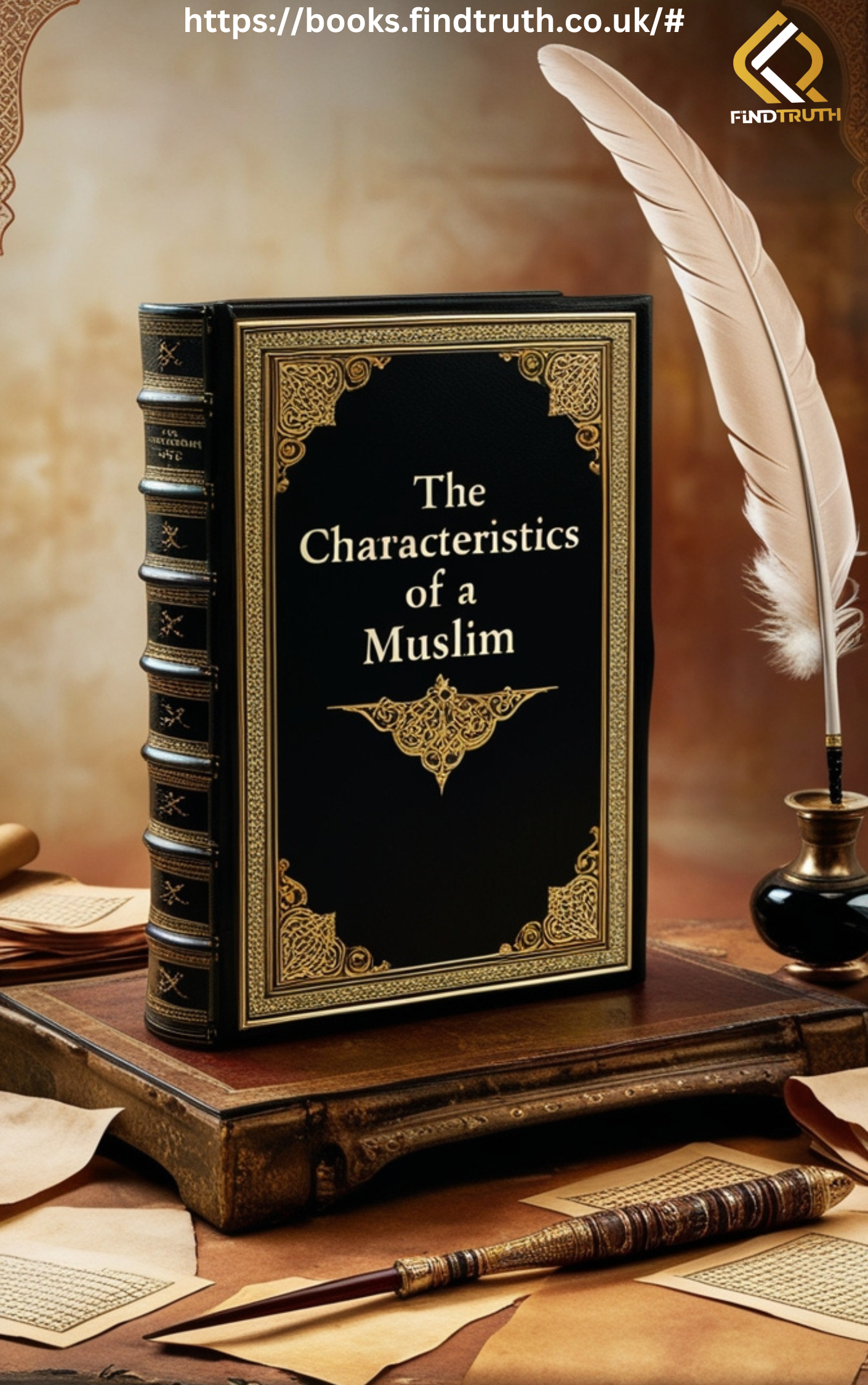
- Beliefs
-
Muslim Practices
- Salah (Daily Prayers)
- Sawm (Fasting)
- Hajj (Pilgramage to Makkah)
- Zakah (Charity Giving)
- Khums (Giving One-Fifth of Annual Saving)
- Jihad (Striving in the Way of God)
- Amr bil Ma'ruf (Encouraging Good)
- Nahy 'an al-Munkar (Stopping Evil)
- Tawalla (Loving the Prophet & His Family)
- Tabarra (Disassociating from the Enemies of the Prophet and His Family)
- Islamic Education
-
Akhlaq - (Ethics)
-
Quran & Sciences
-
Islamic History
-
Socio-Cultural
- Islamic Holy Places
-
Supplications
- Home
- Feature Selections ★
- Beliefs 🛐
-
Muslim Practices ☪️
- Salah (Daily Prayers)
- Sawm (Fasting)
- Hajj (Pilgramage to Makkah)
- Zakah (Charity Giving)
- Khums (Giving One-Fifth of Annual Saving)
- Jihad (Striving in the Way of God)
- Amr bil Ma'ruf (Encouraging Good)
- Nahy 'an al-Munkar (Stopping Evil)
- Tawalla (Loving the Prophet & His Family)
- Tabarra (Disassociating from the Enemies of the Prophet and His Family)
- Islamic Education
-
Akhlaq - Ethics 🔑
- Quran and Sciences 📖
-
Islamic History
- Socio-Cultural
- Islamic Holy Places
- eBooks
- Eternity of Moral Values
Eternity of Moral Values
"Eternity of Moral Values" examines the concept that moral values are not only relevant to a specific time or society but possess an eternal significance that transcends cultural and temporal boundaries. The text highlights how Islamic teachings provide a foundation for understanding these moral values as immutable truths that guide human behavior towards goodness and justice. It delves into various ethical principles, illustrating their application in contemporary issues while grounding them in the teachings of the Quran and the examples set by the Prophet Muhammad (s.a.w). The book emphasizes the role of these eternal moral values in fostering individual character and societal harmony, arguing that adherence to these principles leads to a more just and compassionate world. By engaging with both philosophical and religious perspectives, this work serves as a guide for readers seeking to navigate moral dilemmas in their lives.










